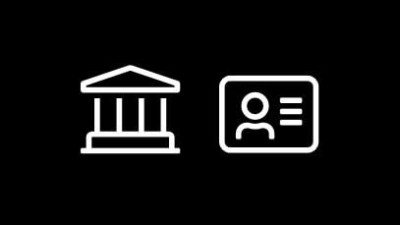Dependents and Visitors


Dependents and Visitors
- RIT/
- International Student Services/
- Immigration and Employment/
- Dependents and Visitors
Dependents
This information is for spouses and children of F-1 or J-1 students who hold F-2 or J-2 status.
Visas
Our staff will provide I-20s/DS-2019s for dependents of F-1 or J-1 students and scholars applying for dependent visas at a US embassy or consulate overseas. Please complete the I-20/DS-2019 Request for Dependent F-2/J-2 Visa Form.
Changing Status
To change status from F-2 dependent to F-1 student, an application, fee, and supporting documents must be sent to USCIS. An ISS advisor will review these materials, make photocopies, and mail packet for applicants.
Applicants for a change of status from F-2 to F-1 may not attend RIT until their change of status is approved by USCIS.
Employment
F-2 visa holders cannot work in the United States. However, if they have an opportunity to take a temporary professional job while in the United States, it may be possible to change status to H-1B.
Persons in J-2 status may accept employment in the United States only if USCIS has granted them employment authorization. Please make an appointment to meet with one of our advisors to get more information on applying for J-2 work permission.
Studying in the US
F-2 spouses may not study in the US. They can take part in study that is “avocational or recreational in nature,” meaning to pursue a hobby or if the study is occasional, casual, or recreational. This means they may not take part in classes that lead to a degree.
If an F-2 spouse wishes to begin a full-time program of study, he or she must apply for a change of status to F-1 or J-1. However, F-2 dependents are permitted to study part-time as long as the school is approved by SEVP to host F-1 or M-1 students. This means that F-2 dependents may enroll in a degree program or take courses toward the completion of a degree prior changing to an F-1 or J-1 category.
At this time, there is no restriction on a J-2 spouse's ability to study. However, if you are interested in pursuing a degree program as a J-2, please speak with one of our advisors prior to beginning your studies.
Visitors
If you would like to invite family or friends to visit you in the US, they will need to apply for B-1/B-2 Visitor Visas. The only exception is if their country of citizenship is listed as a participant in the Visa Waiver Program. If your family or friends need visitor visas, they will need to carefully read the instructions for visitor visa applications. These instructions may be found on the website of the US embassy or consulate where they will apply for the visa. When arriving in the US most visitors are granted permission to stay for three to six months at a time.
In preparation for their visa application and interview, your family or friends will need to prepare for the following questions:
- Why they are coming to the US?
- What they will be doing here?
- Where they are going in the US?
- When they will be in the US?
- When they will return to their home country?
- How they will support themselves while they are in the US?
A short letter inviting your family member or friend can be helpful in explaining the reason for their visit. This letter should come from you and be addressed to the individual. They may bring it with them to their visa interview, the Port of Entry, or elsewhere as needed. Each visitor should receive a separate letter.
In addition to sending an invitation letter, we suggest you send your friends or family members an Enrollment Verification Form from the Office of the Registrar.


